A Sustainable Tomorrow Starts Today
Together, we create a resilient future for generations to come
Accelerating the Energy Transition Sustainably
Guided by our commitment to reach near net-zero emissions by 2040.
The current energy and climate challenges make the transition to a sustainable and renewable energy model increasingly necessary. For the oil and gas sector, the stakes are higher than ever. As global demand for cleaner energy grows, the challenge to meet today’s needs without compromising tomorrow’s resources intensifies. At HMEL, we’ve embraced this challenge head-on, weaving sustainability and innovation into the very fabric of our operations. From advancing low-emission fuels and biofuels to innovating eco-friendly polymers, we lead the global energy transition to a lower-carbon economy by reducing, reusing, and repurposing.

Reduce
Reduce
Recognizing the urgency to lower our carbon footprint

Reuse
Reuse
Reimagining resources for a sustainable impact

Recycle
Recycle
Transforming waste into valuable assets
Rethinking Resources:
We’re transforming how resources are used across the energy sector. Here’s how we’re making a difference:
Transition to Renewables
We’re leading the charge in clean energy by significantly increasing our use of renewable sources. From pioneering bioethanol plants to exploring the potentials of green hydrogen and ammonia, we are setting new benchmarks in sustainable energy.
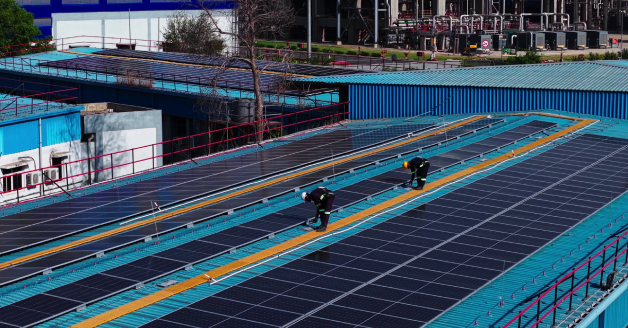
Transition to Renewables
Continuous Innovation
Our R&D and relentless innovation are the bedrock of our sustainability strategy. We advance the future of energy by exploring revolutionary alternatives such as Sustainable Aviation Fuel (SAF) and plastic-to-road technologies, which propel sustainable innovation forward.
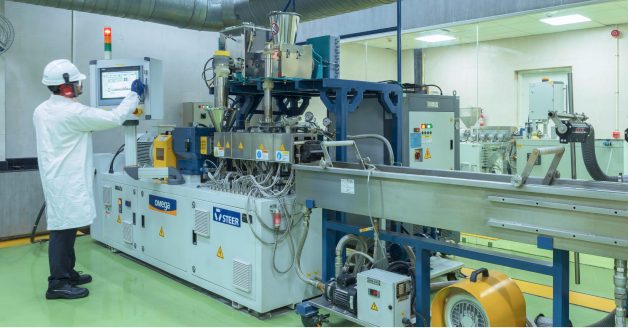
Continuous Innovation
Digital Transformation
We meticulously optimize our resources to ensure maximum efficiency and minimal waste. Through advanced analytics and process improvements, we reduce resource consumption across all levels of our organization.
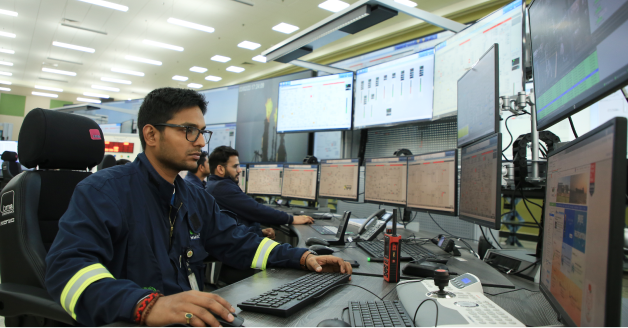
Digital Transformation
Resource Optimization
We meticulously optimize our resources to ensure maximum efficiency and minimal waste. Through advanced analytics and process improvements, we reduce resource consumption across all levels of our organization.
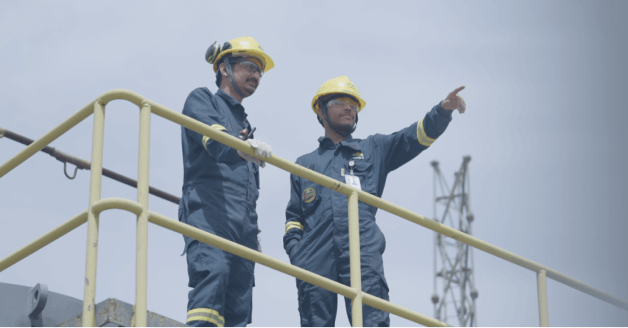
Resource Optimization
Circular Economy
At HMEL, our focus is on ‘zero waste to landfill’. We repurpose plastic waste into durable roadways and develop circular polymers to ensure that nothing goes to waste, making sustainability central to our practices.
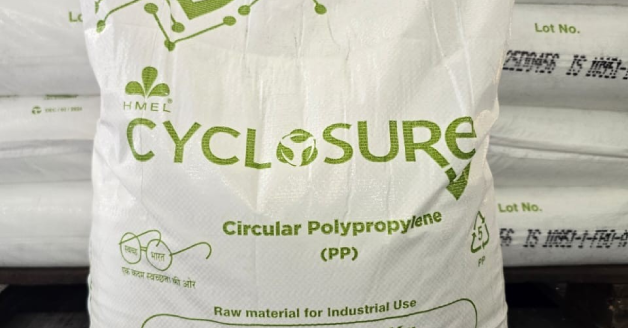
Circular Economy
Our Roadmap to Decarbonisation
At the heart of HMEL’s green transformation lies a bold vision for a cleaner future. From replacing grid power with renewable sources to advancing biofuels and cutting-edge energy-saving technologies, we are transforming core operations to reduce our carbon footprint. Looking ahead, our investments in breakthrough technologies like Green Hydrogen, ammonia, and electrolyzers will pave the way for a greener, more resilient tomorrow.
Renewable Power Transition
The transition from thermal to renewable energy is supported by initiatives like the rooftop solar project, exemplifying our commitment to sustainable power integration.
Feed & Fuel Switch
We are cutting emissions by switching the feed from Naphtha to Natural Gas (NG)
in the Hydrogen Generation Unit (HGU).
Enhanced Energy Efficiency
Our future energy-saving measures are set to drive deeper efficiency across operations.
Innovative Offsets
Our approach includes emerging technologies like Direct Air Carbon Capture and Storage (DACS) and Bioenergy with Carbon Capture and Storage (BECCS) to remove and store carbon.
Renewable Power Transition
The transition from thermal to renewable energy is supported by initiatives like the rooftop solar project, exemplifying our commitment to sustainable power integration.
Feed & Fuel Switch
We are cutting emissions by switching the feed from Naphtha to Natural Gas (NG)
in the Hydrogen Generation Unit (HGU).
Enhanced Energy Efficiency
Our future energy-saving measures are set to drive deeper efficiency across operations.
Innovative Offsets
Our approach includes emerging technologies like Direct Air Carbon Capture and Storage (DACS) and Bioenergy with Carbon Capture and Storage (BECCS) to remove and store carbon.

HMEL Sustainability Report
View our Sustainability Report to see how HMEL creates lasting value through responsible and sustainable practices
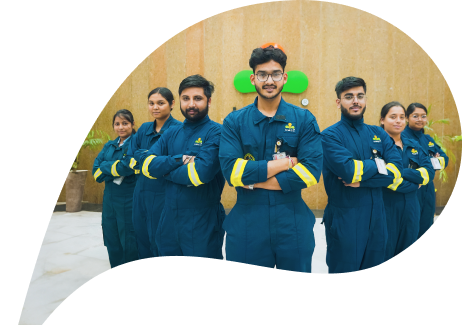
 no updates
no updates